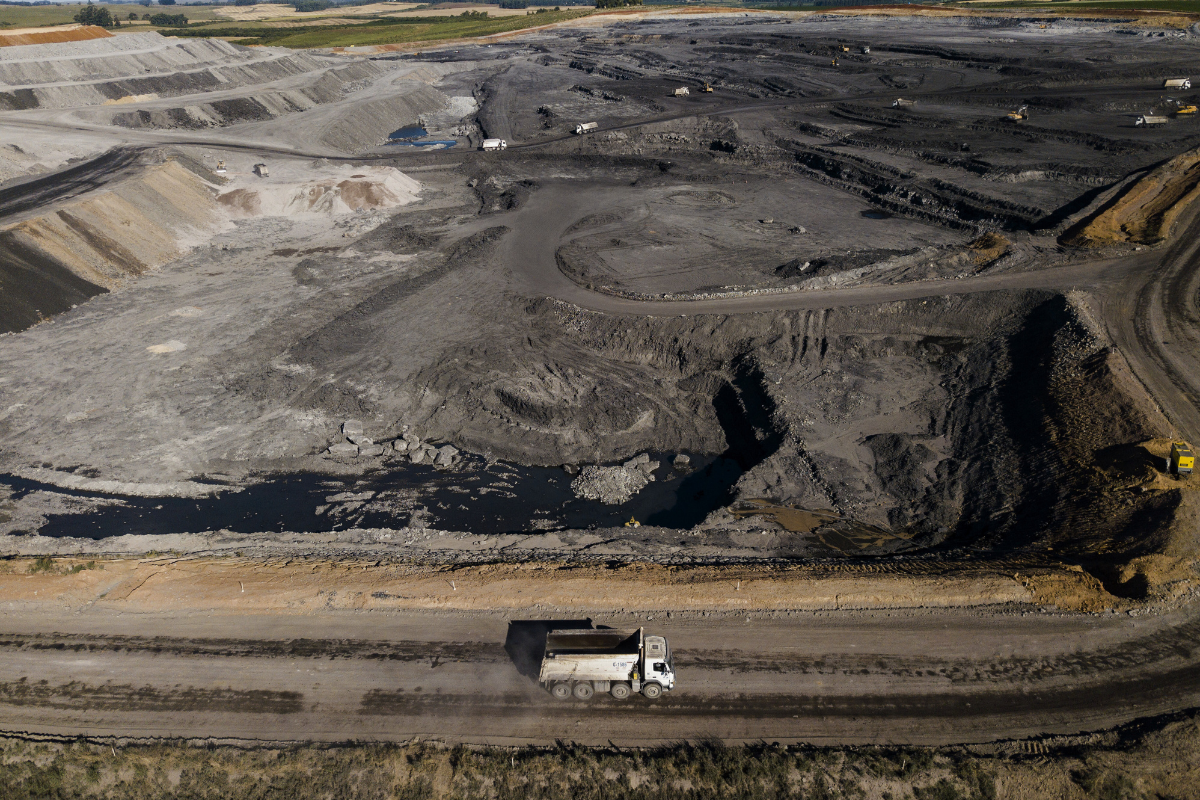The small municipality of Figueira, in the northern region of Paraná, 310 kilometers from the state capital Curitiba, is outraged by the end of operations at the Figueira power plant. This thermal plant had been operating for decades but has just been shut down by Copel, the state’s energy company.
“Most of the jobs in our city depend on this plant and the coal mine,” Mayor Zé Carlos tells The Brazilian Report. “We are at risk of becoming a ghost town, and people are furious about this.”
The Figueira plant had been a concession controlled by Copel since 1969. With its 20 megawatts of power, it obtained coal extracted from a century-old mine, the Carbonífera Cambuí. With excavations reaching 130 meters deep and tunnels extending 5 kilometers, the mine began operating in 1930 and once employed 20,000 people.
According to the city’s own accounts, it “was essential for Brazil’s energy security during World War II.” But everything has been shut down.
Last October, Copel sent a letter to the Mines and Energy Ministry stating that it was no longer interested in renewing the concession for the thermal plant. The contract with Carbonífera Cambuí expired on December 20, 2023. The company also informed the supplier that it would no longer buy coal from its mine.
In February of this year, Copel requested the formal suspension of the plant’s operations by the National Electric Energy Agency (Aneel). In its justification for abandoning the thermal plant, Copel argued that the decision is linked to the environmental impacts caused by fossil fuel generation.
Coal is the dirtiest source of energy generation. It emits far more greenhouse gases than other sources – hundreds of times more than nuclear, solar, and wind.
“Considering the guideline of the company’s board of directors, established in Copel’s 2030 Strategic...


 Search
Search






































